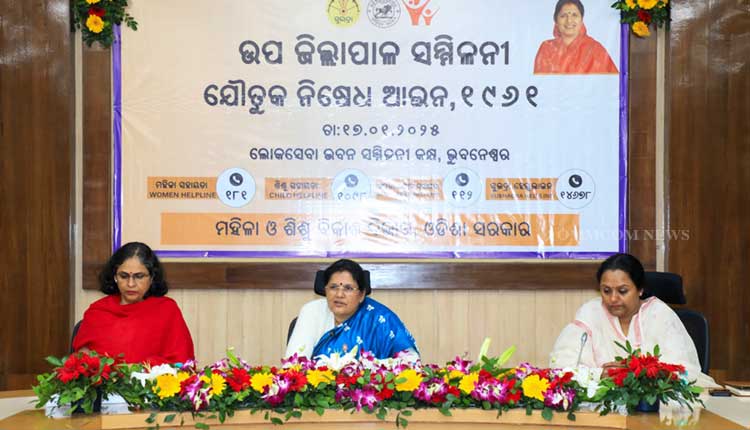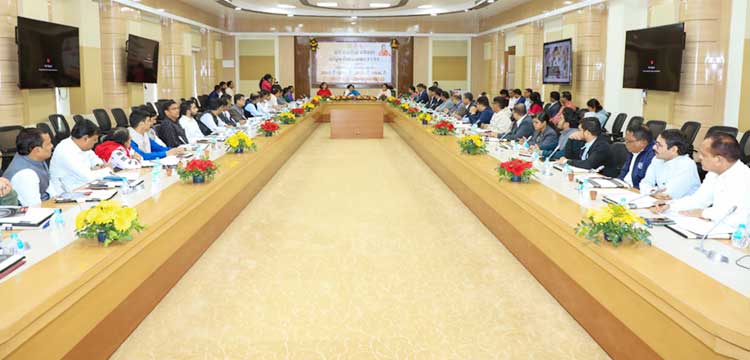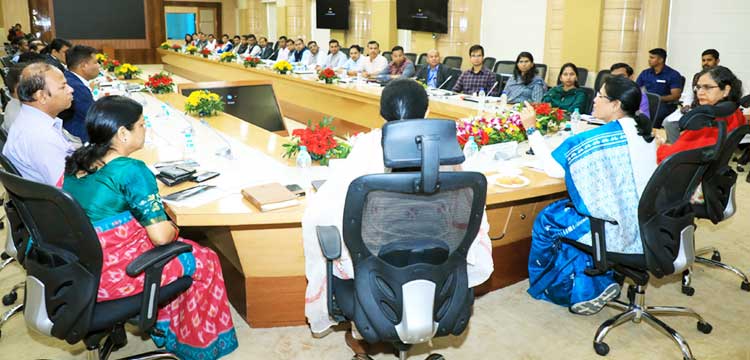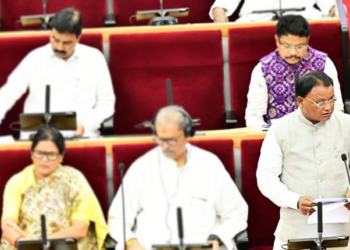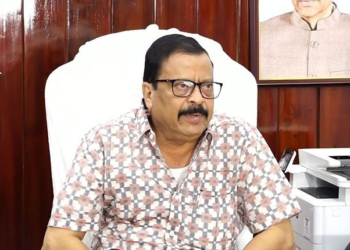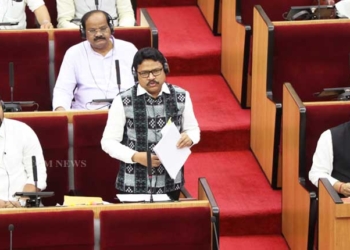Bhubaneswar: Dowry is neither a tradition, a culture, nor a personal matter—it is a social malady that continues to plague society even 60 years after the enactment of the Dowry Prohibition Act, 1961, stated Deputy Chief Minister Pravati Parida.
Parida made this assertion while addressing a one-day Sub Collectors’ Conference on the Act, organized by the Women & Child Development (W&CD) Department at the Lok Seva Bhavan’s Convention Center on Friday.
Highlighting the persistence of the dowry system, the Deputy CM emphasized the need to address the issue at the grassroots level under the direct supervision of Sub Collectors. “To make Odisha a dowry-free state, it is imperative that administrative officials ensure the effective enforcement of laws intended to protect our citizens,” she said.
The Deputy CM underlined the crucial role of Sub Collectors and Sub-Divisional Magistrates, who have been designated as Dowry Prohibition Officers in Odisha under the Act. These officers are empowered to take preventive measures, investigate cases, and collect evidence to curb dowry practices. She stressed that the success of the law hinges on its timely implementation and creating widespread public awareness.
In a call to action, she urged Sub Collectors to harness the power of social media to raise awareness about the Dowry Prohibition Act. “In today’s digital age, using social media to educate people about dowry laws will be a significant step toward restoring the dignity of women,” she said.
The conference was attended by Principal Secretary of the W&CD Department Shubha Sarma and Director Monisha Banerjee, alongside Sub Collectors from all 30 districts of the state. High Court lawyer Deepak Narendra served as the chief speaker.
The Dowry Prohibition Act, 1961 was enacted to eliminate the harmful practice of dowry. The law defines dowry as any property or valuable gift linked to a marriage. It criminalizes the demanding, giving, or taking of dowry and prescribes strict penalties, including imprisonment of up to five years and a fine of ₹15,000 or the value of the dowry, whichever is higher. Additionally, promoting dowry through advertisements is deemed illegal under the Act.
With administrative machinery intensifying efforts to tackle the menace of dowry, the conference marks a significant step in fostering accountability and creating a culture of zero tolerance for this social evil.




